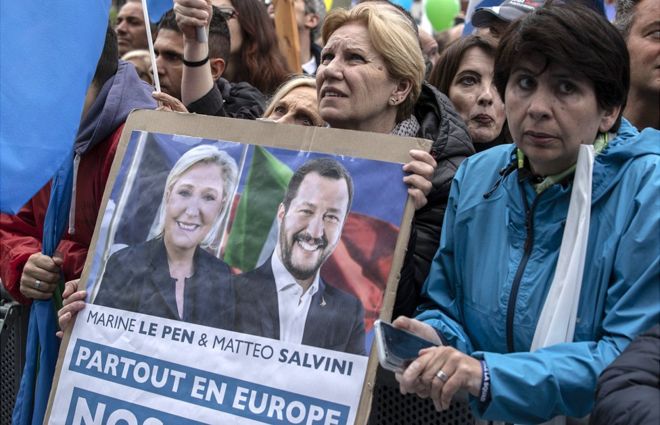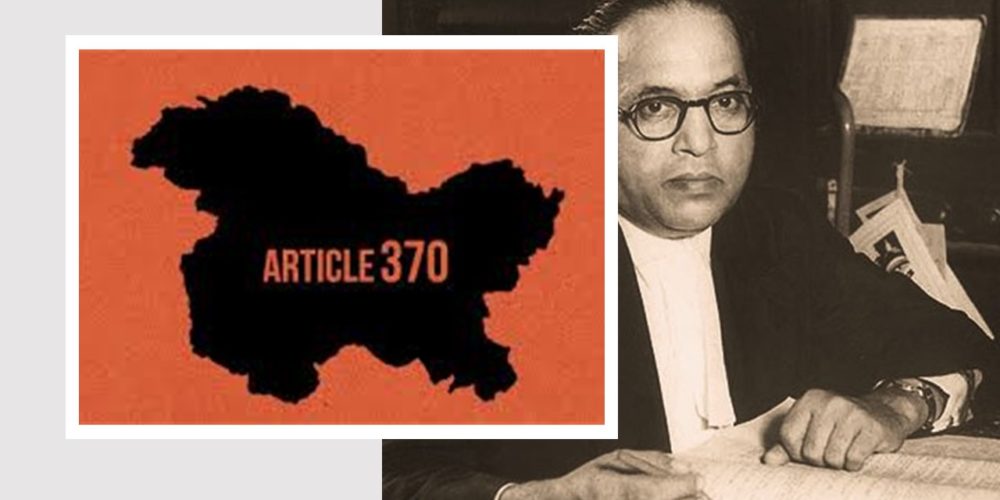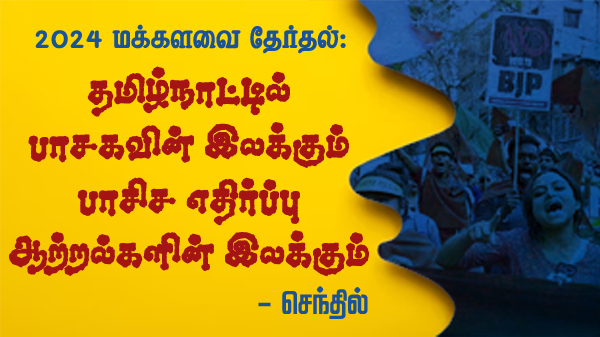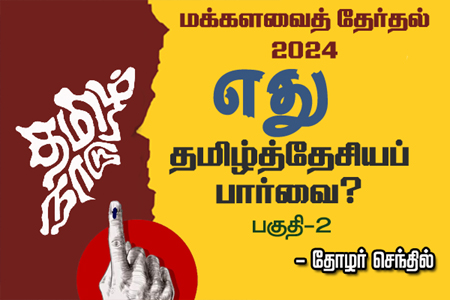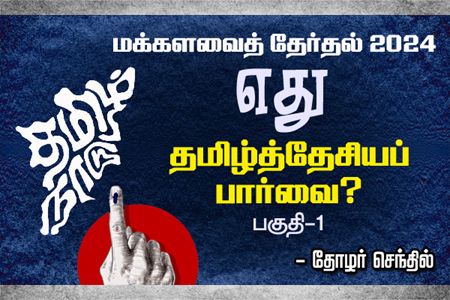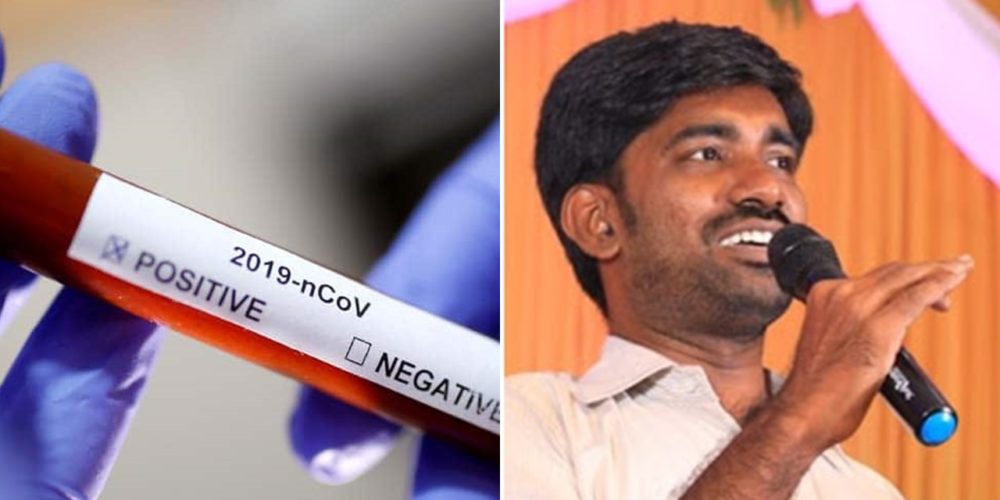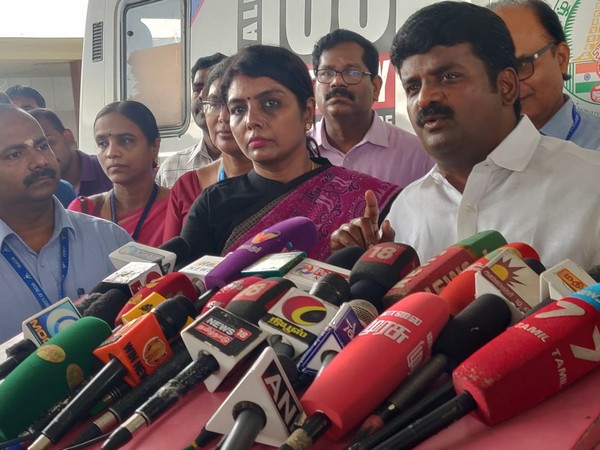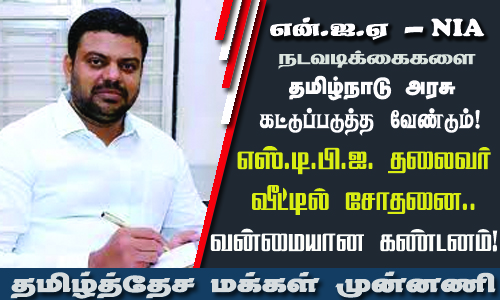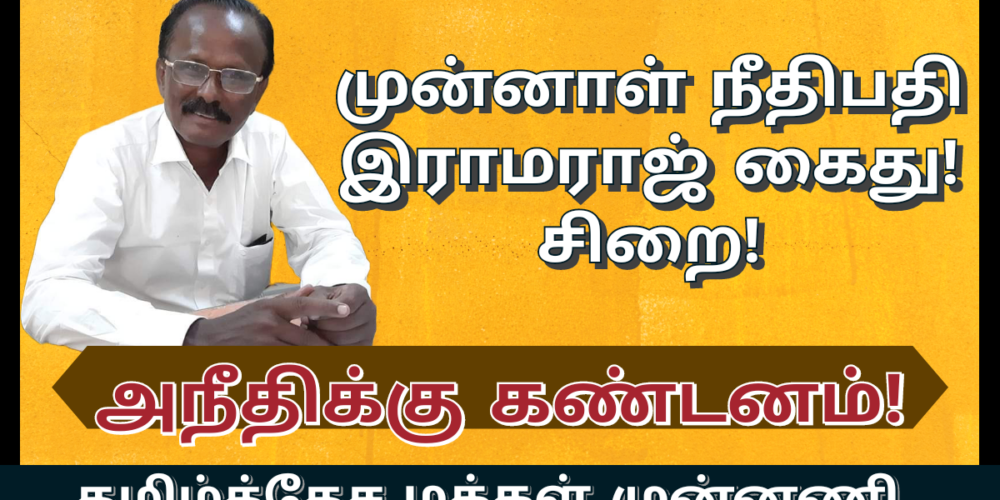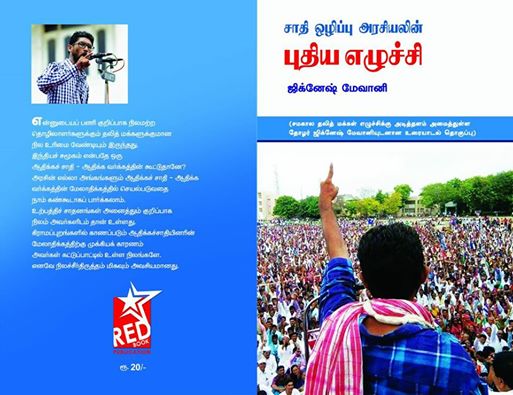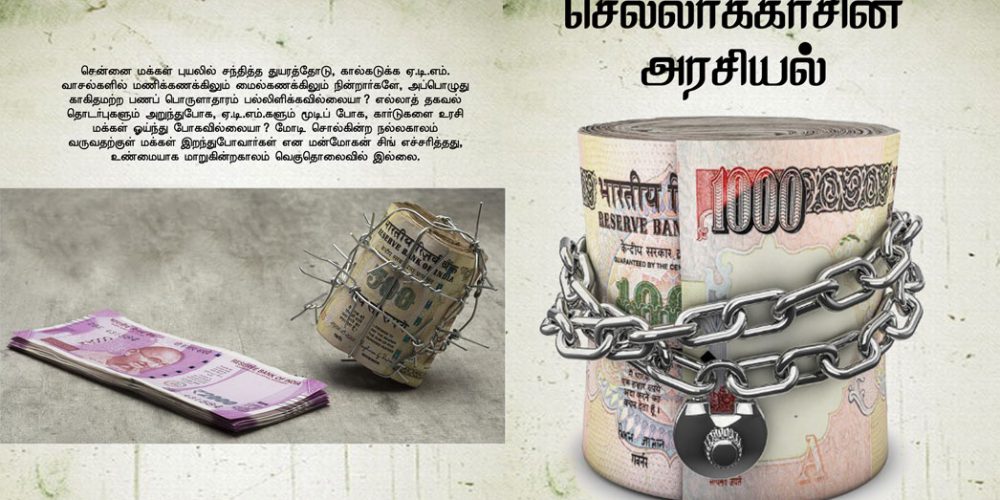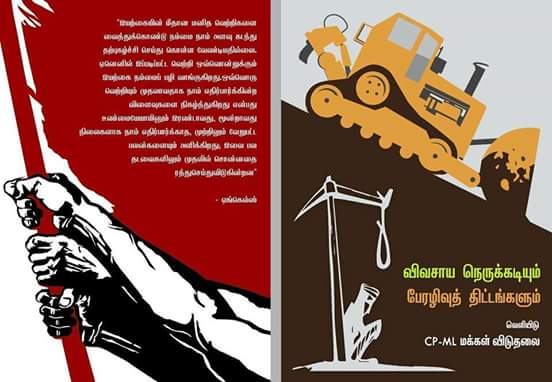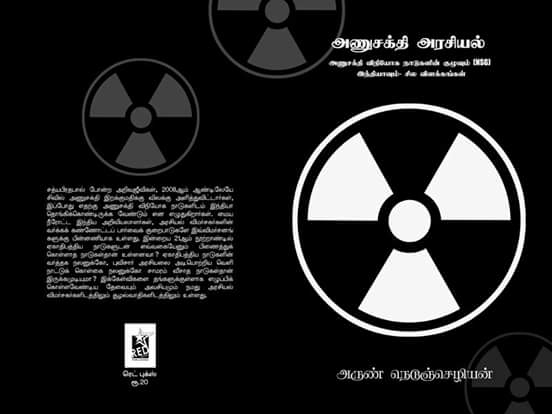Occupants! Don’t Crush the Young Roses of Kashmir….They shall return as Fiyadeen!

-India’s failed Political Policies and use of Armed forces are the reasons for the blood shed
Pulwama Attak – On 14th February, 2019, 78 vehicles carrying over 2500 CRPF men was attacked on their way to Srinagar from Jammu at Lethpora in Awantipora by a suicide bomber carrying 350 kg of explosives in a vehicle. Number of people who have lost their lives is estimated over 50. Jaish-e-Mohammad has claimed responsibility for the attack. The video of 19 year old, Adil Ahmad Dar who was involved in the suicide attack has been released. The village to which he belongs is located at around 6 miles from the site of attack. CRPF is not categorized as a military organisation but as a paramilitary organisation. The movement of CRPF personnel from one place to another after their vacation has been keenly observed for the attack. In the past five years there have been two other such attacks in Uri and Pathankot. The recent Pulwama attack is not only the beadliest attack in the current BJP governments but also the deadliest in the militant attack history of Kashmir movement. This attack has challenged the hyped claims made by the central government that it had retaliated and demolished such camps through its ‘surgical attack’. Some of the attacks in the past have been organised by Pakistanis but the recent attacks were carried out by youths from Southern Kashmir. .It is also to be noted that in Adil Ahmad Dar’s last video he requested that the youth of Northern Kashmir should also actively participate in the struggle like the youth of Southern Kashmir . Rtd Army General Hooda in his interview to New York Times on Feb 16,2019, has said “It is not possible to bring such massive amounts of explosives by infiltrating the border”, he also believes that the explosives might have been taken from the excess remains of explosives used to blast mountains for the construction of the Jammu highway. There are also claims that the Intelligence Bureau had sent an alert on the expected bomb attack. To this Vijaykumar, advisor to governor of Jammu and Kashmir has replied that” We didn’t get any specific information. It is not possible to tackle such suicide attacks based on general information”. Further, he also said ‘we need to investigate about who was the chief conspirator behind this attack’. Were the vehicles coming in from Jammu followed discreetly and what was the nature of the explosives. This attack has become an important debate of international significance. Jaish-e-Mohammad, a militant group lead by Masood Azhar operating from Pakistan has claimed responsibility for the attack through a video it has released. Jaish –e-Mohammed was added to the illegal movements list in Pakistan in 2002. This movement was operating under the name of Arkath-Ul-Mujahideen before 1998. Masood Azhar was in Indian prison till 1998. He was released during the Vajpayee government, in exchange for freeing the passengers of the hijacked plane at Kandahar. Ajit Doval, the presiding National Security Advisor was the director of Intelligence Bureau then and negotiated the terms during the plane hijack. In 2001,Masood Azhar was arrested in Pakistan after the attack on Indian Parliament but was later released citing insufficient evidence. Jaish-e-Mohammed also attempted an attack on Pervez Musharaf. Sources from the Dawn magazine Pakistan claims that Masood Azhar was arrested again in 2016 but was later released.
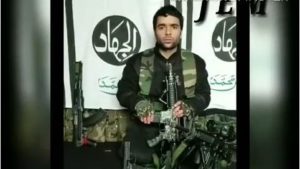

Sources from Indian Army claim that there are around 56 militants of Jaish-e-Mohammed in Kashmir at present. It comprises of people from South Kashmir who recently joined the militant groups. Around the year 2000, the number of militant groups shrunk drastically. The scenario has changed in the past five years. There is discontent among the people over ruling class represented by Mufti and Abdullah. Even father of Adil Mohammad too, criticizes these leaders. From 2010 there has been a wave of stone pelting protests in the streets of Kashmir in the form of Intifada. A new wave of women, students, youngsters have risen to protest against Indian forces. Slogans of ‘Azadi’ thundered across Kashmir.


The Indian ruling class leaders labeled the resounding voices as paid protesters. Rather than finding a political solution to the people’s concerns, Indian government handled these protests with the use of armed forces. Thousands of protesters including kids were blinded by the brutal army’s use of pellet gun. In September 2018, a report on the human rights violations in Kashmir which strongly criticized the Armed Forces was placed before UN Human Rights Council by its Comissioner. India remained heedless to the concerns raised and prevented a team from United Nations Human Rights Council to visit Kashmir.
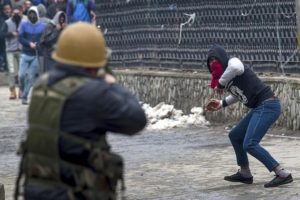

The death of Burhan Wani led to increase in protests in 2016 under the BJP government. Mohammad Adil also participated in the funeral of Burhan Wani. He was shot by the armed forces and was bedridden for three months. It was during this period, the armed forces used a Kashmiri as a human shield by tying him in front (bonnet) of a jeep. The Indian ruling class of India did not care to object such cruelities. Adil Ahmad Dar involved in the Pulwama attack was also subjected to humiliation by the armed forces, says his father. The STF had made Adil Ahmad Dar rub his nose on the ground around the army vehicle. This incident affected Adil an he expressed his angst about this incident many a times. After the death of Burhan Wani he was drawn towards the militant organization. In the stone pelting protests, ‘Azadi’, ‘Get out Indian Army’ slogans were raised.

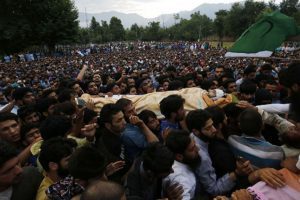
There are three different voices in the Kashmir issue; supporting an Independent Kashmir, advocating a merger with Pakistan and another pressing for greater autonomy of Indian occupied Kashmir. The Congress governent at the least tried to showcase that there were discussions on the issue. But the BJP government has completely shut the doors of dialogues. It also said that it cannot hold dialogues with people who request for a solution that is beyond the Indian constitution. It cautiously avoided discussions with Pakistan and resorted to armed forces as the only solution.
It’s not just the negligence shown towards the stone pelting protests of Kashmir people but the way BJP government handled illegal arrests, use of pellet guns blinding, imparing of Kashmiri and sexual threats from the Indian Armed forces pushed the Kashmiri youth towards militant organisations. The government’s approach towards Kashmir has led to an increase in militant groups alike the scenario that existed before 2000. Kashmir self determination struggle has had many ups and down. It has taken different forms as per the approach of Indian government towards the struggle..The government’s stand towards the struggle has led to Adil Ahmad Dars’ form of struggle of taking up arms.

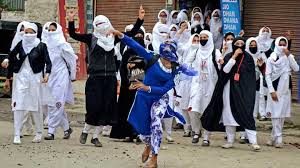
The Indian government has held Pakistan responsible for the Pulwama attack. The aftermath of the attack has seen open statements such as ‘Pakistan is a haven of terrorists, a fitting reply will be given to Pakistan’. Pakistan being removed of the MFN (Most Favored Nation) status, subjecting it to economic pressures and the goods exported from Pakistan to India have been taxed at 200%. The protection given to kashmiri leaders in has been withdrawn. The Indian government has held discussion with the Pakistan ambassador to handle cross-border intervention. While the flip side has seen the political ruling class inciting hyper nationalism among the people stating this suicide bomb attack.

Pakistan Federal Minister for Foreign Affairs Shah Mehmood Qureshi has expressed that the ‘Pulwama incident is unfortunate and saddening, but at the same time India’s response has been that of haste and a knee jerk reaction’. Pakistan has raised the question, that if India could discard the evidences provided against Kulbhushan Jaadhav as insufficient, how can the evidences on Jaish-e-Mohammed’s involvement circulating in social media can be taken as a concrete evidence for it to blame the organisation and ascertain Pakistan’s role in the same? It has also made a point on India’s unilateral approach in blaming Pakistan rather than investigating its mishaps in Intelligence and security.
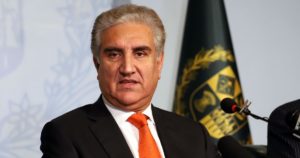

Shah Mehmood Qureshi has also said that it would investigate the attack if India provides the evidences pertaining to the attack. Also, Pakistan’s liberal democratic newspaper ‘Dawn’ has written that if there are evidences pointing to the involvement of groups operating in Pakistan, India should provide the same to Pakistan and such groups should be banned by the Pakistan government.
The newly elected prime minster of Pakistan, Imran Khan had earlier said, ‘If India takes one step towards peace talks, he would take two steps’. In November 2018, he also laid the founding stone for the Kartapur corridor to be laid across the border providing a connection to the Sikh religious sites. Even then, India did not try to initiate peace talks with Pakistan. On Feb13, Wednesday, one day before the Pulwama attacks, there was a suicide bomb attack in the Iran-Pakistan border at Sistan-Baluchistan on the Iranian Revolutionary guards, killing 27 of them. Iran has held Jaish-e-Adil operating from Pakistan to be responsible for the attack. It has asked Pakistan to take necessary actions on the groups involved in the attack. But it is to be noted that in the funeral of the 27 guards, thousands of youth gathered raising slogans against America but not against Pakistan.
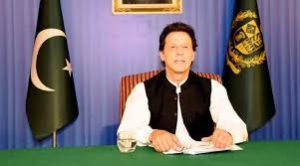
On its reactions to Pulwama attack, America has made statements supporting India’s right to self defence and blaming Pakistan to have become a haven for terrorists groups. America’s National Security Advisor Mr John Bolton has held conversations with the Indian security agency twice and has ensured that America would stand with India to fight the perpetrators behind the attack. It has also asked India to strengthen security by purchasing drones and security equipments from America. Such statements cannot reflect the complex relationships between the nations in this region. The reality of India’s political-economical external affairs policy is such that it maintains close relationship with America, continues to have oil trade with Iran and has placed a deal with Russia to buy S 400 missiles. It is to be noted that in spite of directly condemning Pakistan in the Pulwama attack, America holds talks with Taliban in Afghanistan with the support from Pakistan government, which is of critical importance to America.
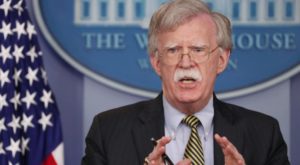

China, though has condemned the attack, clearly pointed out that Masood Azhar will not be included in the terrorists’ list. United Nations resolution no:1267 to include Masood Azhar in terrorists’ list has been ignored by the callousness of China’s government. Its decision to not reconsider its stand even after the Pulwama incident is to be noted.
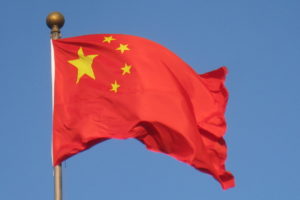
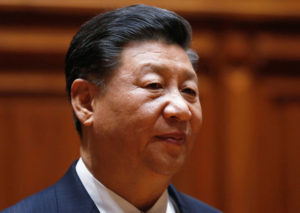
In this region, the Kashmir issue doesn’t stop with the involvement of India and Pakistan. It is inter related with the complex relationships between America, China and other countries. The Indian government which has avoided talks with the Hurriyat group in Kashmir, has sent a representative for secretly holding talks with the Taliban. It is also in good terms with the Taliban Pakistan. America is trying to replace its forces in Afghanistan with Indian forces. The two consecutive attacks in Iran and India by groups operating from Pakistan has led to voices being raised in India for ‘International isolation of Pakistan’. But it is at the same time, that the Saudi Arabia Prince Muhammed Bin Salman has visited Pakistan. After the 2015 visit of China’s Prime Minister, this is considered as one of the important international leader’s visit to Pakistan. Saudi is investing around 12 billion dollars in Pakistan. This is the reality of the relations among the South Asian countries. Hence, America tries to stand by India when concerns over human rights violations in Kashmir are raised in the United Nations Council ensuring no actions are taken against India, it would also think of ways to improve the defence dealings with India under such circumstances of violence. America would not take any actions against Pakistan as well, any action by India against Pakistan would also be neglected by America.
Instead of sloganeering ‘Isolation of Pakistan’, foreign affairs experts believe, it is a feasible solution to request Pakistan to ban groups such as Jaish-e-Mohammed. India should move towards holding bilateral discussions between Indian and Pakistan embassy, foreign affairs experts and army authorities. Rather, talking on rebuttal through armed forces is nothing more than rhetorics. It might enact a ‘surgical strike’ as before just to cheat the people of India. It might instill war mongering thoughts among people and gain out of it. But all this will further isolate the people of Kashmir and force the youth to take up arms. Hence use of armed forces will further widen the fault lines instead of bettering the current situation.
Hurriyat leader Syed Ali Gilani, Mirwais Umar Farook, Yasin Malik of the Joint Resistance leadership have given a statement on the Pulwama attack.
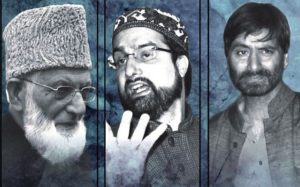
“As we witness killing of our loved ones our young, and shoulder their coffins each day we can feel and understand the pain and sense of loss that the family and friends of those who are killed go through…Militarisation, CASOs (Cordon and Search Operations), use of bullets and pellets, blowing up homes, blinding and maiming, PSAs and torture as a means to crush legitimate political aspirations of a people has not only failed but worsened the situation…
If this death dance has to stop, if hatred and revenge has to stop, if killing and counter killings has to stop and if we really want peace in the region we have to put an end to hostilities. And the most effective and civilised manner to do so, is to reach out and engage and listen to the concerns of all three stakeholders and address them in the spirit of humanity and justice. Resolve the Kashmir dispute for all times.”
Above is the statement given by the Joint Resistance leadership. But Indian government continues to turn a blind eye to the Kashmiri people. Their request to India is to approach the Kashmir dispute politically and hold discussions for the same. The opinions and suggestions of democrats, intellectuals, writes, human rights activists, experts of foreign affairs who are aware of the ground reality is to make India and Pakistan genuinely discuss on the Kashmir dispute.
As for BJP, it continues to display its hypocrite double face approach. One side Modi tries to project an image of a solid and strong force tackling Kashmir-Pakistan conflict while on the other side he meets with Nawaz Sharif and they exchange gifts. He claims that a fitting reply has been given through a ‘surgical strike’, but keeps up the economic and diplomatic relations as necessary. Given another critical occasion he would continue with his jingoism. The same happened back in Vajpayee’s period. When Lahore declaration was signed by Vajpayee-Musharaff, Advani showcased himself as an uncompromising hardliner, but later went to Pakistan and made statements on Jinnah as a secular leader. This alternate between uncompromising hardliners and sudden secular faces have been their routine. But for the past 20 years from Musharaf to Imran Khan, have openly claimed Kashmir to be the central issue surrounding the India-Pakistan conflict. There is no strong will in the BJP camp to hold diplomatic talks over the Kashmir issue. Hence there is neither a strategy nor an understanding towards the Kashmir issue. BJP has only tried to capitalize its base among the Indians by showcasing its hatred for Pakistan.

Individuals blood-boiling with hyper nationalism and demanding a ‘revenge’ on Pakistan, fail to understand that the two are neighboring nations with nuclear arms. In the past five years there have been three major attacks; Uri, Pathankot, Pulwama and several other small scale attacks. It is to be understood that the Kargil war came to an end because of America’s intervention. So, there is no agenda for India to war against Pakistan for revenge. Such cries are politically absurd and invalid.
By holding Pakistan accountable for Pulwama, the Indian government is just trying to brush the actual Kashmir issue under the carpet. The oppression of Kashmiri people under the occupation of Indian armed forces is pushing the people to move towards the militant forces. In Adil Ahmad Dar’s family too there have been family members who have sacrificed their lives for the cause. Kashmir is bleeding! But the ruling political class is acting upon its greed to extend boundaries by placing the armed forces in Kashmir and the ruling class parties are feeding the rage for war for their political benefits. It is because of this that the Indian armed forces is made to bleed too.
The opposition parties have promised to stand with the government on a singular objective. Besides, there are also criticisms on intelligence and security flaws of the Modi regime. There is a campaign going on hatred speech against Pakistan, fueling the nationalism rage. No party has put forth the opinion that both Congress and BJP have terribly failed by deploying armed forces to deal with peoples’ protests. CPI(M) and CPI too are on the same lines. People who made rhetorics on Tamil nationalism, supported Liberation tigers of Eezham have also recently backed off with mediocrity. These forces only address the fascist and hindutva agenda of BJP but fail to address and fight its larger agenda of Hindu Rashtra that is crushing Kashmir. Truth be told, all those backing the Indian nationalism are responsible for the blood shed in Kashmir.
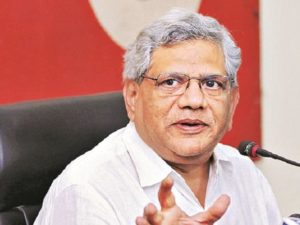
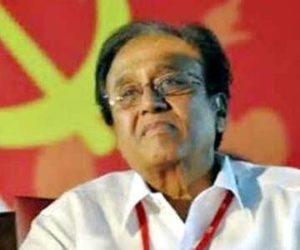
On the flip side there are discussions on, if this is a terrorist attack or a liberation movement. If the people of an occupied region (Kashmir) fight against its armed occupants (Indian Armed forces), how can this be labelled as terrorism? There is also another argument that the attack has been planned by the BJP itself. There is a fair amount of truth to it that with elections coming up, such attacks and the consecutive hyper nationalism narratives will further the support to BJP and its ideologies. While there are thousands who can discuss on the aftermath of such an attack on main stream politics, people who talk about the impact of such an attack on Kashmir’s freedom movement are very few.
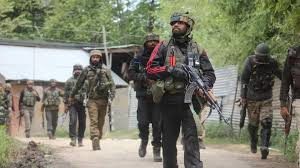

But viewing and analyzing the attack with its immediate effects on Indian politics is a short sighted approach. The forces behind such an attack might not have foresighted the immediate political consequences. In such long lasting liberation movements, certain armed attacks though politically incorrect, happen without considering the immediate after effects. This has been witnessed in Tamil Eezham national liberation movement and other such movements around the world. Most armed protests do not happen with considerations on its after effects but it naturally happens as a result of a violent oppression from a government’s army. The armed protests primarily aim to instill courage to the people oppressed under the army’s occupation. Though we do not support suicide attacks, the Pulwama attack cannot be seen as a terrorist attack when viewed from the perspective of Kashmiri people demanding self-determination. This attack was not done to terrorise people but has been done to fight the increasing oppression from an army that is trying to silence the voices of people demanding liberation.
This attack cannot be just attributed to Pakistan’s infiltration because Adil Ahmad Dar involved in the attack belonged to a village which is 6miles away from the location of the attack. The region has history of several people joining militant movements and sacrificing their lives. It is not so important to find if these groups are supported by Pakistan or not. It is the youths’ quest for liberation that they are pushed towards militant groups. It is our duty to not just restrict ourselves to the myopic view of its after effects on Indian government but approach it as a Kashmir people’s liberation movement fighting against the atrocities of the Indian armed forces.
Forces waiting to prey on nationalism rage shed crocodile tears for the death of CRPF personnel. It is to be understood that the same personnel raised concerns that they were not given food and held protests for pension. Most of the people joining army belong to villages. It is neither the upper caste nor the upper class who claim nationalism emotions, fight for the nation. They safely restrict themselves to fiercely claiming nationalism on stage. It is the hypocrisy of the ruling class parties that compromised the nation’s defence on several occasions with scams such as Bofors, Coffin scam, Rafale that is showing off its dramatized anger over the Pulwama attack.
Indian nationalism is being built on several layers of hyper nationalism.. rage, emotions, and anger over Pakistan. The armed forces are made to bleed for the political benefits of certain parties that benefit from such narratives. The truth behind all this drama is the motive to sideline and ignore the real issues of Kashmir. It is essential to raise voices against this betrayal.
Keeping aside the debates and political views over Freedom of Kashmir, right to self determination, greater autonomy, it is necessary to start at a point where the dispute is recognized as political, withdrawing the armed forces from the region and understanding that discussions is the only way forward. It is necessary to pressurize the government to move towards such an approach. The various democratic forces have the duty to unite on such minimum demands. This is not just an issue of autonomy for Kashmir but it is the notion of one nation, one market, one religion, unilateral approach of tax, solutions, unitary governance that has worsened the problems and hindered the rights of several ethnic groups in the Indian political scenario that is to be challenged.
We should pressurize the government to deal the issue with care instead of diverting the attention from the internal problems with the narrative of hyper nationalism. There should be a discussion initiated between the three parties: Kashmir, India and Pakistan. India has assured in United Nations that it would follow up Kashmir merger with a plebiscite to understand the aspirations of Kashmir people. The arguments that plebiscite would lead to the separation of Kashmir which in turn would lead to attacks on Kashmir from China and Pakistan are all trivial excuses. Going by that, China and Pakistan also have a hold on Sri Lanka and Bangladesh, so can it be demanded that those nations also be united with India. It is Kashmir people decision to determine if it would like to merge with India or not. There is no sanity in just uniting and claiming regions based on land connectivity or by deploying army.
The aftermath of the Pulwama attack has seen violences against Kashmiris living in Jammu, Haryana, Uttarakhand, Uttar Pradesh by the hyper ventilating Indian nationalists. Such attacks have been the first of its kind. The hyper nationalism narratives of the ruling BJP and nationalism being uninterruptedly fed across, has led to increased violences against Kashmiris. Mehbooba Mufti and Omar Abdullah have raised their voices over the government’s silence on these violent attacks on Kashmiris. The Ministry of Internal affairs finally sent a notice to all state governments asking them to address such issues.
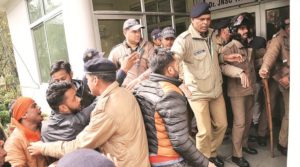

If we fail to address the hyper nationalism mania, its gory would not stop with Kashmir. The one-week drama of nationalism and its rage has just led to violence against Kashmiris living across the nation.
Kashmir is a political issue. Let us demand the withdrawal of Indian armed forces from Kashmir and insist for talks with Kashmir and Pakistan. Holding a plebiscite will lead to a political resolution. It could be the only solution to reduce blood shed and achieve a righteous decision.
- Balan, General Secretary, Tamilnation People’s Front (TNPF), Tamilnadu.
Translation: Yamini
Article in Tamil :
ஆக்கிரமிப்பாளர்களே! காஷ்மீரின் இளந்தளிர் ரோஜாக்களைக் கொய்யாதீர்கள்!……. ஃபியாதீன்களாக (தற்கொடையாளர்களாக) திரும்பி வருவார்கள்!

